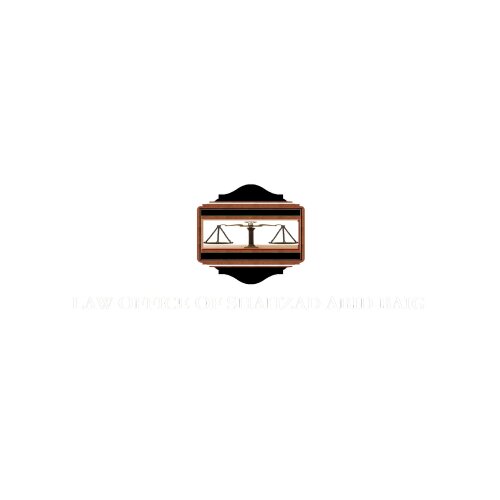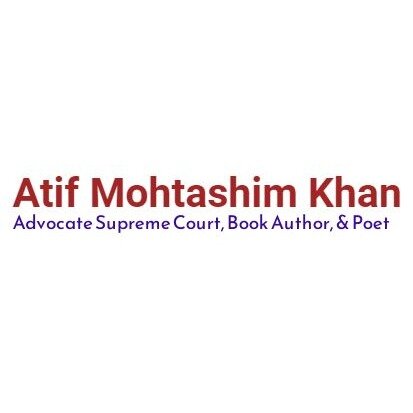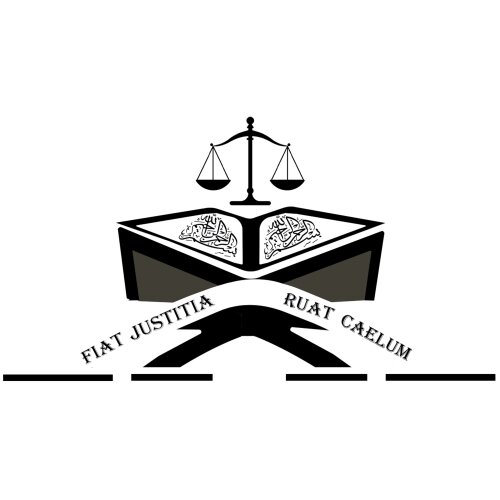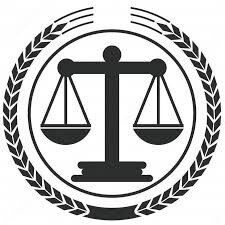Best Faith-Based Law Lawyers in Pakistan
Share your needs with us, get contacted by law firms.
Free. Takes 2 min.
Or refine your search by selecting a city:
List of the best lawyers in Pakistan
About Faith-Based Law in Pakistan
Faith-Based Law, often referred to as personal or family law, in Pakistan is primarily influenced by Islamic jurisprudence due to the country's Islamic majority. The legal system operates under a unique amalgamation of Sharia law and secular law, encompassing areas such as marriage, divorce, inheritance, and custody matters. The application of Faith-Based Law can vary for different religious communities including Muslims, Christians, Hindus, and others, as Pakistan is a diverse nation with rich cultural traditions.
Why You May Need a Lawyer
There are many scenarios in which you might require legal assistance regarding Faith-Based Law in Pakistan:
- Marriage and Divorce: To navigate the legal requirements and procedures for marriage or divorce, especially considering the complexities involved with interfaith marriages.
- Inheritance Disputes: To resolve disputes related to the distribution of inheritance under Islamic or other religious laws.
- Custody Issues: In cases of separation or divorce, determining child custody arrangements that align with local laws.
- Religious Conversion: Legal advice regarding the formalities and implications of changing one's religion.
- Blasphemy Allegations: Legal protection and defense in cases where blasphemy laws are invoked.
Local Laws Overview
Key aspects of local laws relevant to Faith-Based Law in Pakistan include:
- Muslim Family Laws Ordinance, 1961: Governs matters related to marriage, divorce, and maintenance for Muslims.
- Christian Marriage Act, 1872: Governs the marriage-related laws for Christians in Pakistan.
- Hindu Marriage Act, 2017: Provides legal recognition and procedures for marriages among Hindus living in Pakistan.
- Inheritance Laws: Sharia law primarily governs inheritance issues, though there are specific laws for non-Muslims.
- Federal Shariat Court: Specialized court designed to ensure laws are compatible with Islamic injunctions.
Frequently Asked Questions
1. What is Faith-Based Law?
Faith-Based Law refers to laws influenced by religious doctrines, customs, and practices that govern personal matters like marriage, divorce, and inheritance.
2. Do all religious communities in Pakistan follow the same Faith-Based Laws?
No, different religious communities have separate laws for personal matters, like the Muslim Family Laws Ordinance for Muslims and the Hindu Marriage Act for Hindus.
3. How are marriage and divorce regulated under Faith-Based Law?
Marriage and divorce are regulated by specific ordinances and acts respective to one's faith, outlining formalities, rights, and obligations.
4. What should I do if my marriage involves a partner of different faith?
It is advisable to seek legal counsel to understand the applicable laws, potential implications, and procedural requirements for interfaith marriages.
5. How are inheritance disputes handled under Faith-Based Law?
Inheritance is primarily governed by Islamic principles for Muslims, while minority groups follow laws specific to their communities, often necessitating legal guidance.
6. Are there legal protections for individuals accused of blasphemy?
Yes, individuals can seek legal defense as blasphemy laws are strictly applied and carry significant consequences.
7. Can I legally change my religion in Pakistan?
Changing one's religion involves legal formalities, including declarations or affidavits, and may require legal assistance to handle potential consequences.
8. How can I ensure my marriage is registered legally?
Registration procedures vary by faith, but generally involve achieving compliance with respective religious ordinances and local registration offices.
9. What role does the Federal Shariat Court play?
The Federal Shariat Court examines laws to ensure they are consistent with Islamic teachings and can influence legislation accordingly.
10. Is legal counsel necessary for custody disputes under Faith-Based Law?
Yes, as custody laws can vary greatly depending on the religious particulars involved, proper legal representation can ensure compliance and protection of rights.
Additional Resources
If you need further assistance, the following resources can be helpful:
- Ministry of Religious Affairs and Inter-faith Harmony: Provides guidance on religious matters and supports interfaith dialogue.
- Pakistan Bar Council: A regulatory body for legal professionals in Pakistan, which can assist in finding qualified lawyers for Faith-Based Law.
- Federal Shariat Court: Offers opinions and rulings on complex Faith-Based legal matters.
Next Steps
If you need legal assistance in matters of Faith-Based Law, consider these steps:
- Identify the specific legal issue and gather any relevant documentation.
- Consult with a lawyer specializing in Faith-Based Law in your area to understand your rights and responsibilities.
- Consider mediation or arbitration if possible, especially in personal disputes.
- Stay informed and regularly review updates in relevant laws that may impact your situation.
Lawzana helps you find the best lawyers and law firms in Pakistan through a curated and pre-screened list of qualified legal professionals. Our platform offers rankings and detailed profiles of attorneys and law firms, allowing you to compare based on practice areas, including Faith-Based Law, experience, and client feedback.
Each profile includes a description of the firm's areas of practice, client reviews, team members and partners, year of establishment, spoken languages, office locations, contact information, social media presence, and any published articles or resources. Most firms on our platform speak English and are experienced in both local and international legal matters.
Get a quote from top-rated law firms in Pakistan — quickly, securely, and without unnecessary hassle.
Disclaimer:
The information provided on this page is for general informational purposes only and does not constitute legal advice. While we strive to ensure the accuracy and relevance of the content, legal information may change over time, and interpretations of the law can vary. You should always consult with a qualified legal professional for advice specific to your situation.
We disclaim all liability for actions taken or not taken based on the content of this page. If you believe any information is incorrect or outdated, please contact us, and we will review and update it where appropriate.
Browse faith-based law law firms by city in Pakistan
Refine your search by selecting a city.

















